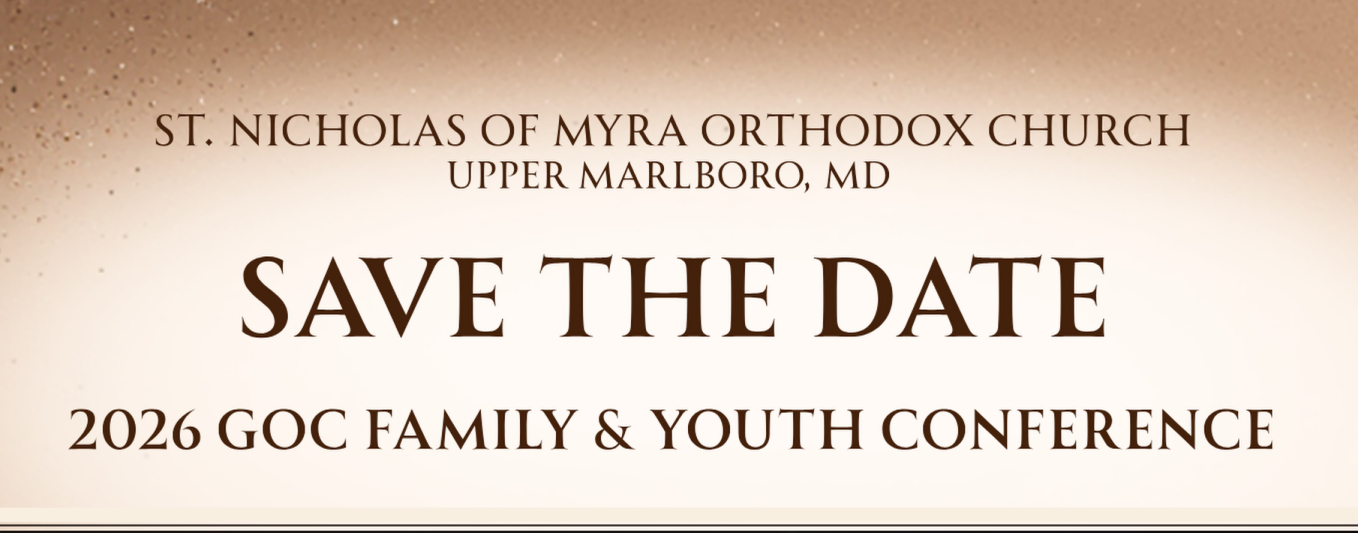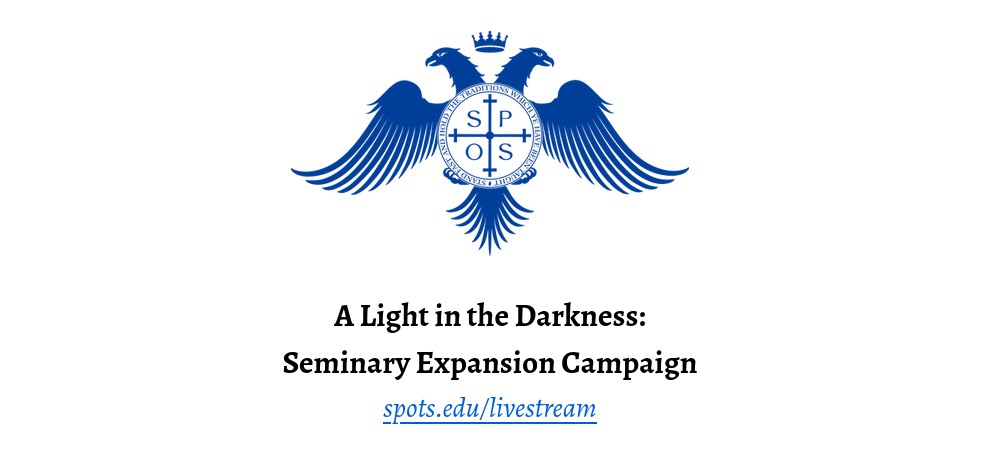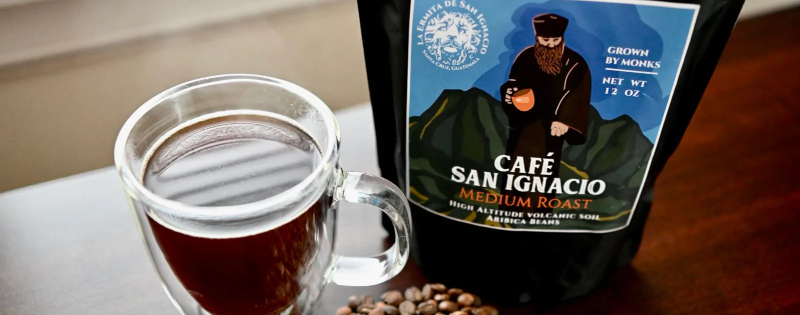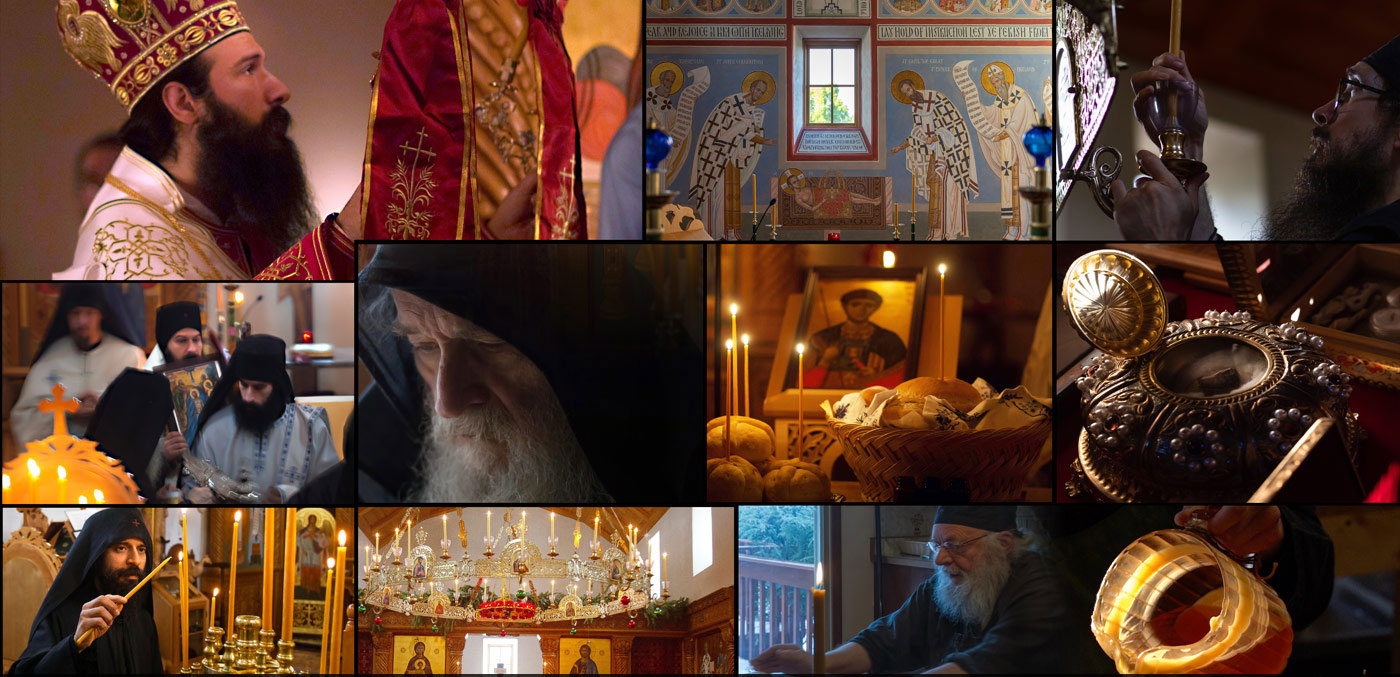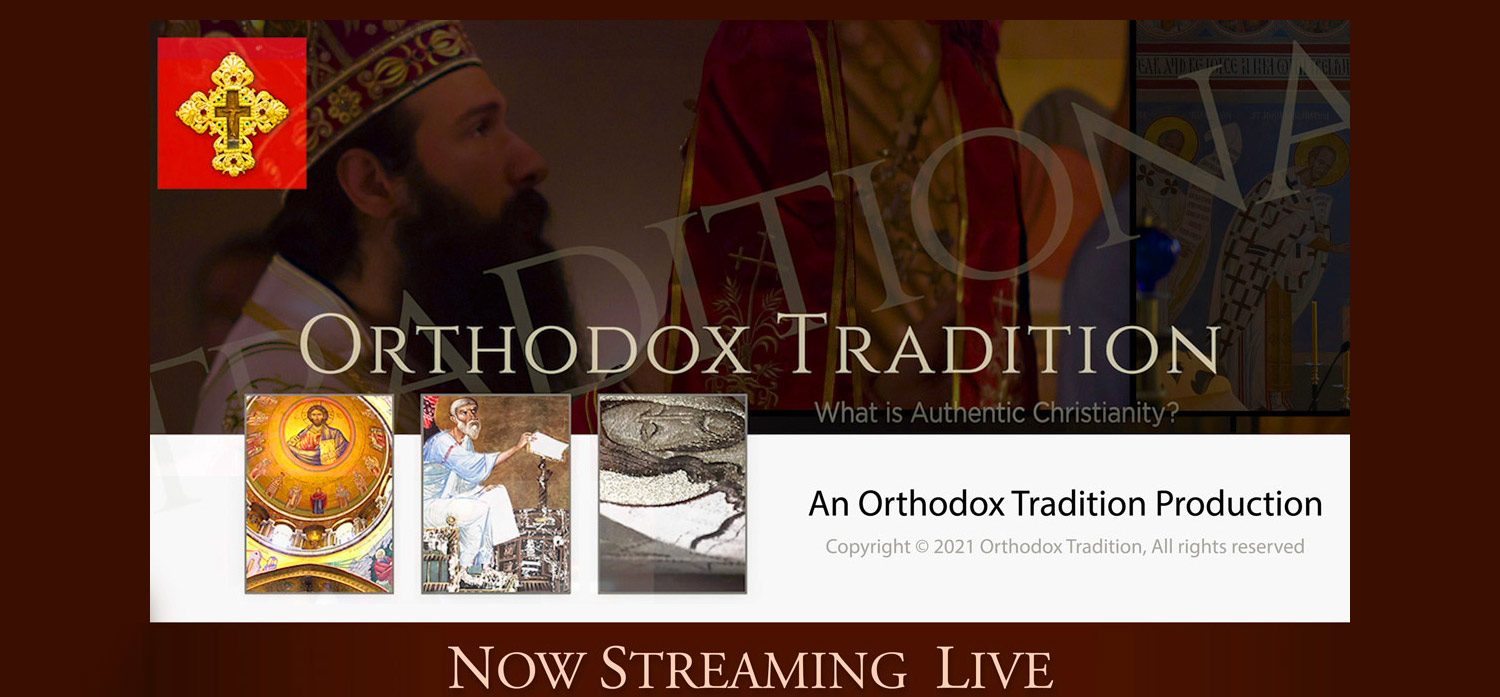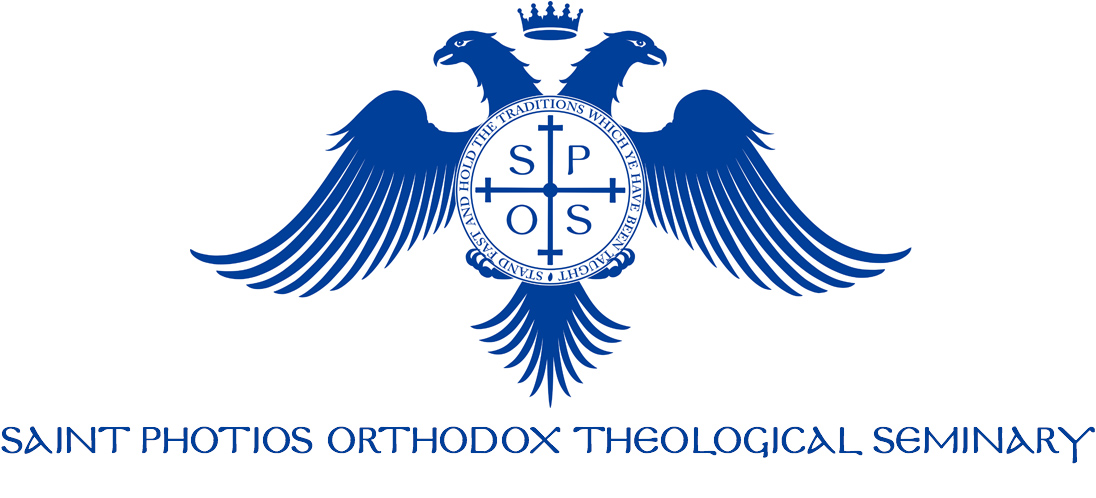The Spiritual Watch
Below, please find the latest issue of The Spiritual Watch, the official publication of the Metropolis of America, published with the blessings of His Eminence, Metropolitan Demetrius of America. In The Spiritual Watch, you will find news and information regarding our Holy Metropolis, as well as spiritual writings.
The Spiritual Watch, Vol VII (New: February 24/March 8, 2024)
Quote From the Fathers
Afflictions bring blessing to man; self-esteem and sensual pleasure, evil.
—St. Mark the Ascetic, On the Spiritual Law.
Theophany at South Street Seaport
- Details
- Created on Monday, 31 December 2007 08:55
The Holy Metropolis of the Genuine
Greek Orthodox Church of America
Cathedral of Saint Markella
22-68 26 Street
Astoria, NY 11105
December 29, 2007
Announcement: Theophania (Epiphany) at South Street Seaport
The Holy Metropolis is pleased to announce that for the seventh time since 2001 the blessing of the waters for Theophania (Epiphany) 2008 will again occur at the South Street Seaport, in New York City.
On Saturday, January 19, 2008, following Divine Liturgy at the Greek Orthodox Cathedral of St. Markella, His Eminence PAVLOS, the Metropolitan of America, will lead the clergy and faithful to the seaport where he will conduct a service to bless the waters of the great city. He will complete the blessing by casting a Cross into the icy waters. This symbolizes the baptism of Jesus Christ in the Jordan at the hands of St. John the Baptist. Dozens of young men will dive into the harbor hoping to reach the Cross first and return it to Metropolitan PAVLOS.
This ancient and holy Christian ritual, dating from the time of the Emperors in Constantinople, will be witnessed by the people of New York through the cooperation of the local authorities, and NYPD harbor launches and scuba divers.
The Holy Metropolis invites everyone to come witness this glorious and joyful Holy Tradition together with the clergy and faithful of the Cathedral. It is expected that the solemn procession to the seaport will begin at 1 P.M. from the corner of Water and Fulton Streets. The procession will be lead by the Monaghan Bag-Pipe Band. Buses from the Cathedral in Astoria will be available with a required reservation. Contact me for directions by public transportation or automobile. God be with you,
+Bishop Christodoulos
Upcoming
Latest News
- Saint Innocent Fellowship 2025
- Theophany in Greece 2025
- Feast of St. Demetrius 2024
- 2024 Family & Youth Conference Photos
- Services Held to Honor the Sanctity of Saint Ioasaph of Edmonton and Buenos Aires
- His Grace Bishop Benedict of Astoria Ordained Bishop
- ΑΝΑΚΟΙΝΩΣΗ: ΧΕΙΡΟΤΟΝΙΑ ΤΟΥ ΘΕΟΦΙΛΕΣΤΑΤΟΥ ΒΕΝΕΔΙΚΤΟΥ ΕΜΨΗΦΙΣΜΕΝΟΥ ΕΠΙΣΚΟΠΟΥ ΑΣΤΟΡΙΑΣ
- Announcement: The Ordination of His Grace Bishop-elect Benedict of Astoria
Latest Content
- Why Do You Trouble Yourselves in Vain? (Sermon)
- Western Saints Pilgrimage UPDATE 2026 Led by Metropolitan Demetrius
- God As Seen In His Creation
- The Fall of Man's Noetic Faculty
- The Triodion and the Signs of the Times
- Spiritual Change: I Am Not the Person I Used to Be (Sermon)
- Do You Want to See God? This Is What You Need to Do (Sermon)
- Blessed Simplicity vs. The Complicated Simpletons (Sermon)
About the Church
The Church of the Genuine Orthodox Christians (GOC) of America is The Traditionalist Orthodox Church serving the faithful of North and South America following the old (Julian) calendar. Having its roots in the Diocese of Astoria, founded by Metropolitan Petros (Astyfides) in 1954, it presently consists of two Metropolises (America and Toronto) and two dioceses (Etna and Portland, and Boston), shepherded by five hierarchs, under the Presidency of His Eminence, Metropolitan Demetrius of America.
The Church of the GOC of America is an autonomous Eparchy whose Mother Church is The Holy Synod of the Church of the GOC of Greece, under the Presidency of His Beatitude Archbishop Kallinikos of Athens and All Greece. The bishops belonging to the Eparchial Synod are also members of the Holy Synod of the Church of Greece. We resist the heresy of Ecumenism.
Orthodox Awareness
Why the True Orthodox Are Truly Orthodox
A Rejoinder to Fr. Basil Gregoriates and an Apology for Breaking Communion with Ecumenist Bishops
In every age the devil tempts the faithful by various means: persecutions, foreign invasions, the lure of worldly seduction. Among his most effective snares are heresy and schism which, by separating Christians from the Church, lead them away from Christ and into spiritual deception and apostasy. Read more...
Missions
Saint Matthew the Evangelist, Jonesboro, Arkansas
Jonesboro is a town located near the Eastern border of Arkansas, with a population of approximately 60,000. From a human standpoint, it’s not the most likely candidate for a traditional Orthodox mission, but for an Orthodox Christian who orders his priorities around Christ and His Church, it makes perfect sense. Read more...
Youth
2025 Youth Conference
Please join us for the 2025 youth conference in Toronto, Ontario, Canada! To learn more, visit the conference website.
Ask A Priest
Fasting
Q. There seems to be a lot of variation in how people observe fasting, but my confessor told me to fast from oil on Wednesday and Friday. Oil is a pretty vague category, though, and I was wondering if I could get a more explicit description of what kinds of food and drink are excluded on strict fast days. Read more...
